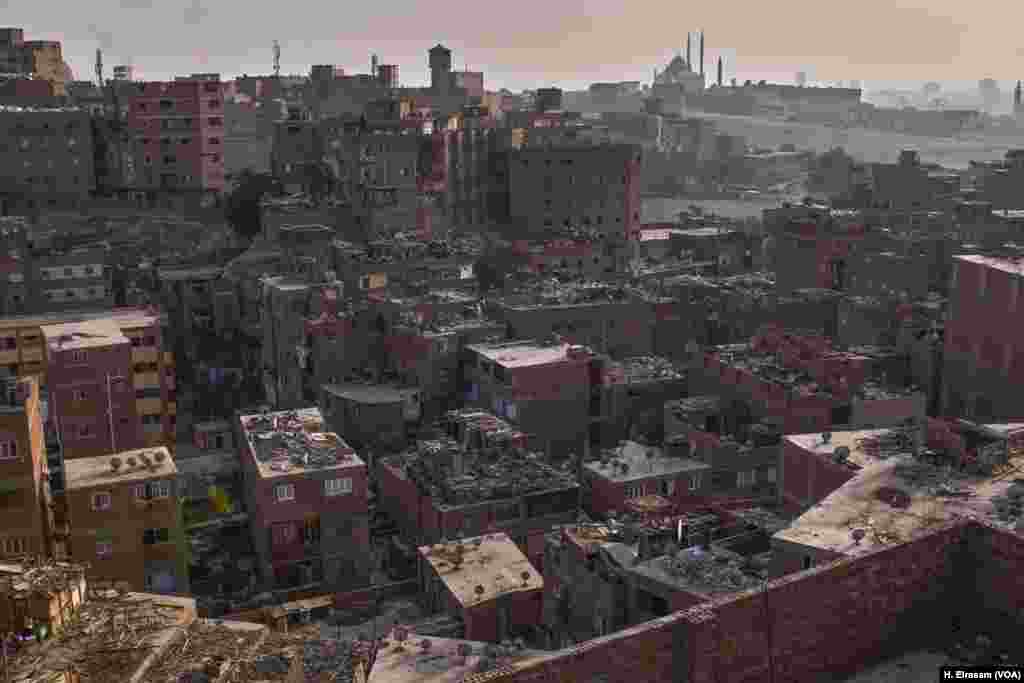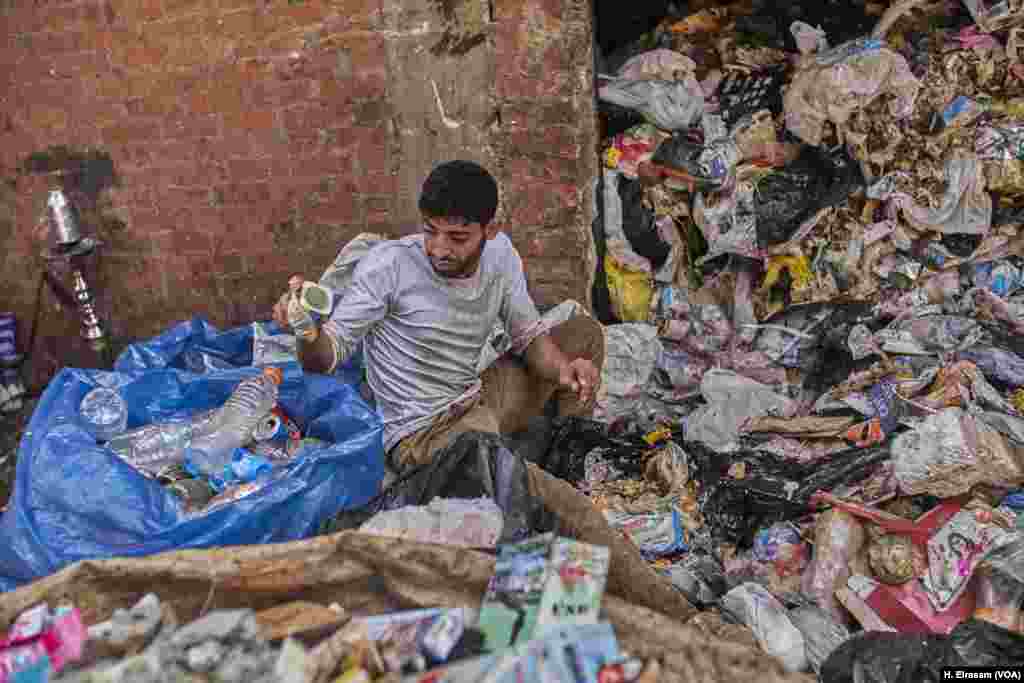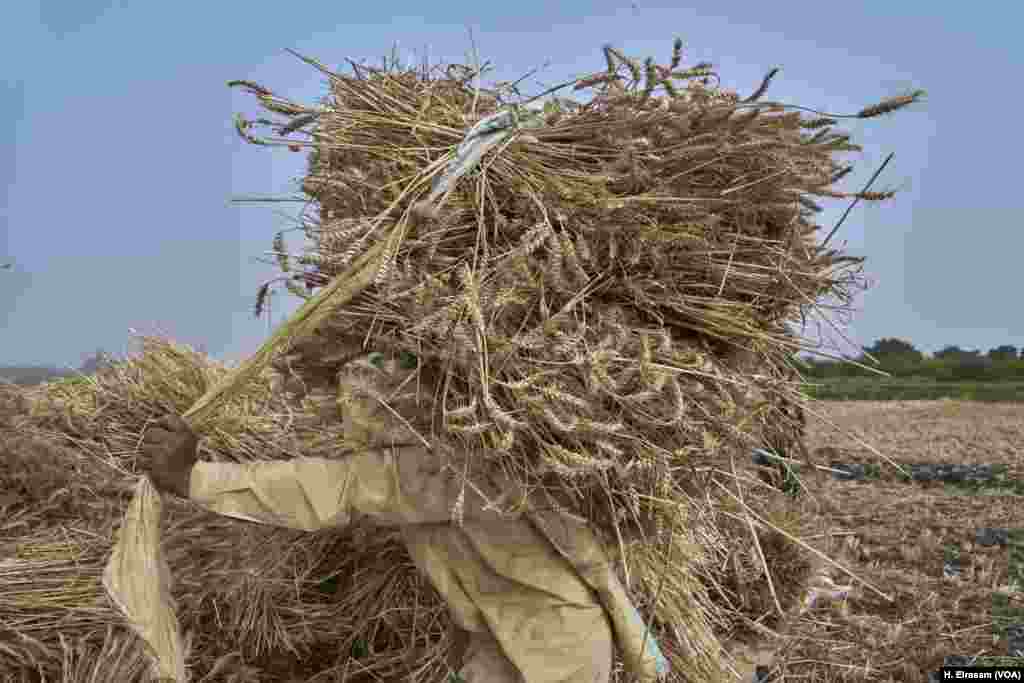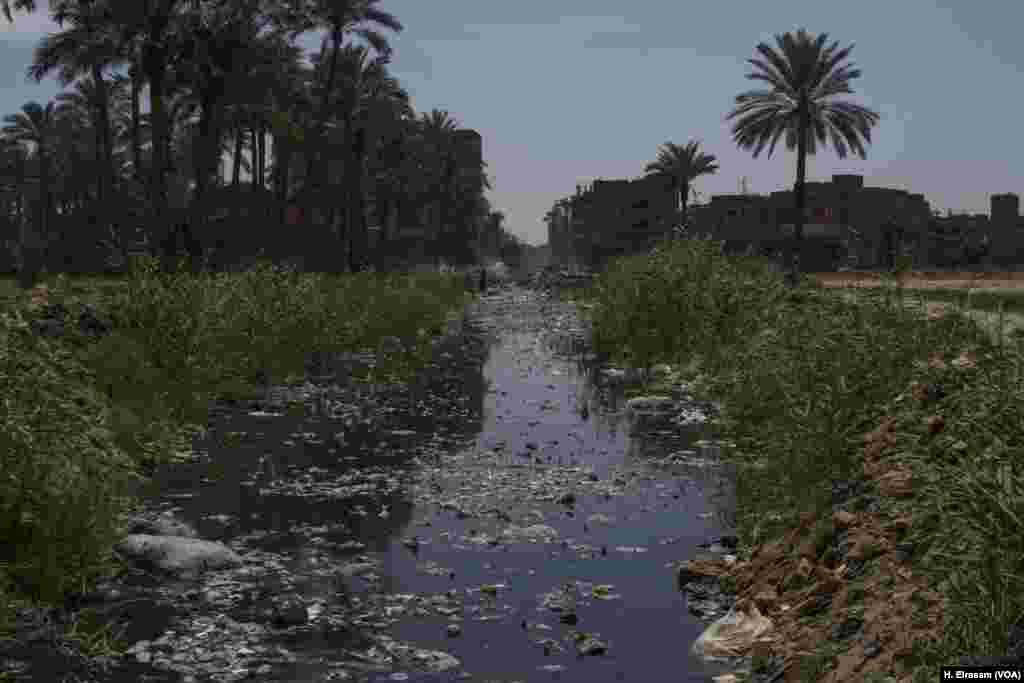Despite having one of the world’s highest child malnutrition rates, advocates say Egypt also is – ironically – among the biggest wasters of food with the average Egyptian throwing away 73 kilograms each year. The pattern is especially evident during the Muslim holy season of Ramadan, when families have a large nightly feast after their daily fast - and food left over from the feast is thrown away. While some Egyptians adhere to the old habits of throwing away unconsumed food, some are learning ways to make use of it – and reduce the waste.
Despite Malnutrition, Egypt Wastes Food

1
A view of Manshiyat Nasser, an impoverished eastern Cairo district known commonly as “Garbage City,” where the capital’s garbage and food leftovers are dumped and, in some cases, recycled. The Association for the Protection of the Environment, an NGO in Cairo, says almost 40 percent of food in Egypt is wasted.

2
Osama, a worker and resident of Manshiyat Nasser, separates garbage for recycling. Cairo’s Garbage receives 14,000 tons of garbage every day, nearly half of it organic waste, according to the Association to Protect the Environment.

3
An Egyptian farmer in Qalyubia governorate, in the Nile River Delta, carries a load of wheat after harvest. The food waste starts from the production and harvesting stages due to what environmentalists describe as technical, social, economic, and practices.

4
Trash blows into a ditch used for irrigation in Al-Marg, a low-income district north of Cairo. Access to water that is free from garbage and industrial pollution is a challenge for many Egyptian farmers.



